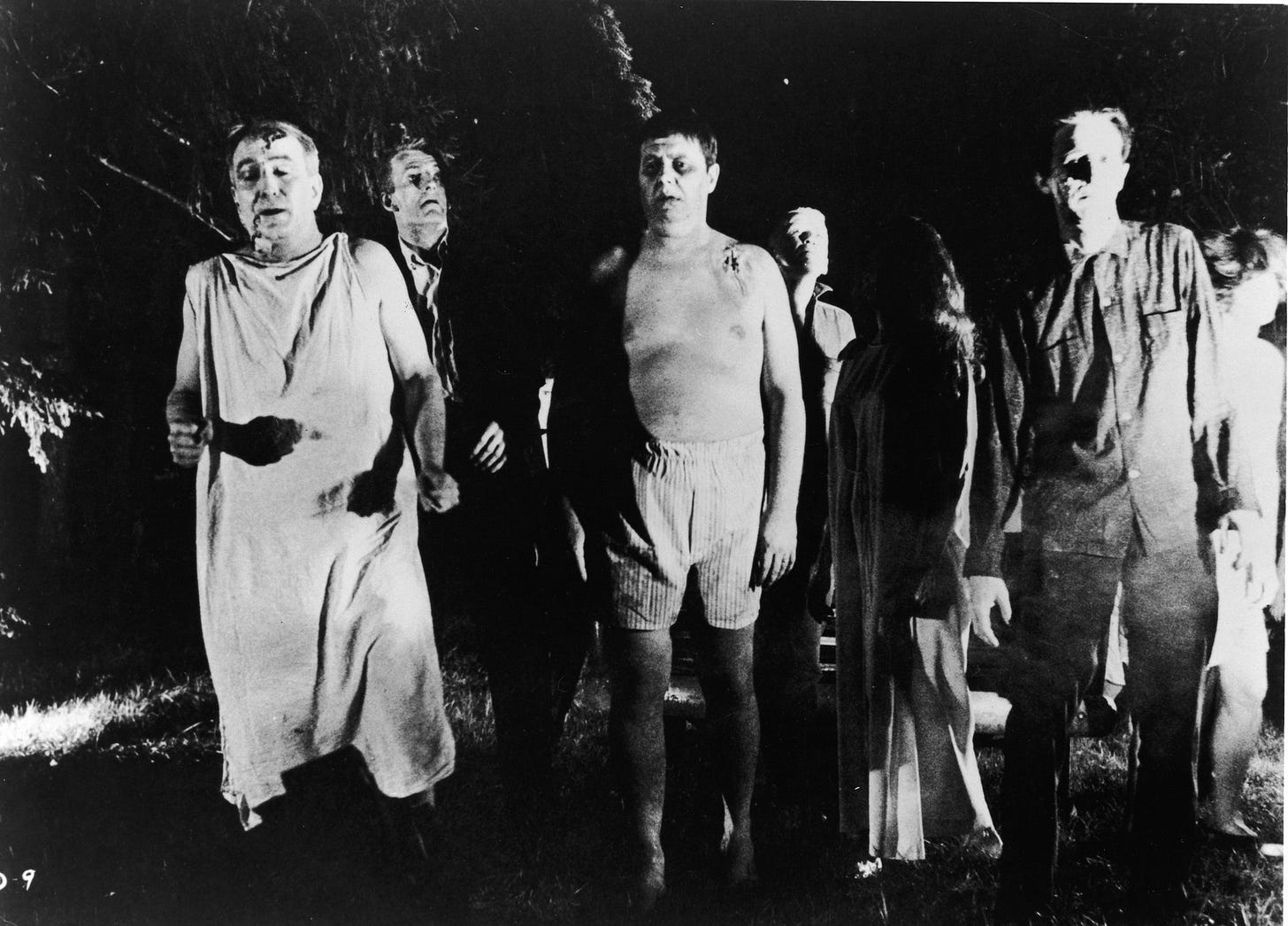From the Brennan Center for Justice at NYU Law:
Earlier this month, the Arizona Supreme Court ruled that an 1864 law that bans virtually all abortions in the state is still operative. The decision upended state and national politics in a key swing state and brought new attention to so-called zombie laws — long-unenforced statutes that remain on the books.
Wisconsin, for example, has a similar law dating back to 1849 that has been challenged in court by the state’s attorney general. Centuries-old laws are often written in ways that don’t fit easily into modern categories, and a trial court held that the Wisconsin law did not apply to abortions but was rather limited to instances when a pregnant person was attacked. The Wisconsin Supreme Court, which has a new liberal majority after last year’s supreme court election, is considering whether to take up an appeal, as well as a separate action by Planned Parenthood seeking to establish a state constitutional right to abortion.
On the federal front, Jonathan F. Mitchell, the lawyer behind Texas’s S.B. 8 abortion law, has argued that the 1873 Comstock Act offers a path to criminalizing the shipment of pills and other materials used for abortions. (Notably, while the mifepristone case currently before the U.S. Supreme Court is unlikely to turn on the Comstock Act, Justices Clarence Thomas and Samuel Alito both referred to it during the oral argument.)
These zombie laws are suddenly live issues because of the Supreme Court’s ruling in Dobbs v. Jackson Women’s Health Organization that Roe v. Wade was wrongly decided. The Court declared in Dobbs that the authority to regulate abortions “must be returned to the people and their elected representatives.” But Arizona’s ruling and the potential enforcement of other zombie laws raise the question about which “people” actually get to make these decisions — today’s citizens or those from centuries past.
They also highlight an often underappreciated argument for the importance of respecting precedent: generations of Americans expended no political energy to remove inoperative abortion laws from the books, relying on the fact that Roe set a federal floor for abortion rights. Now Dobbs threatens to resurrect those laws, often in political environments that can make repeal an uphill climb.
These questions loom large with a Supreme Court supermajority that has shown little regard for precedent, some of whose justices have expressed skepticism about other fundamental rights. Both sodomy laws and same-sex marriage bans remain on the books in several states, for example. More here.
See also:
The Arizona abortion law of 1864, 10 April 2024
Note: today the Arizona House of Representatives voted to repeal the 1864 law. Stay tuned for action before the Arizona Senate.
Note: they are called “zombie” laws because they are “dead” laws that were brought back to life by the Dobbs decision.
Please subscribe to this blog here - there is not and will never be a charge to subscribe. Please share this blog with your friends and colleagues.
The index to these articles is here.
I have another blog on Cancer and Medicine.
Email me at Nat@PathologyOutlines.com.
I also publish Notes at https://substack.com/note. Subscribers will automatically see my notes.
You can also follow me on LinkedIn, Threads: npernickmich and Tribel: @nat385440b





No court should be placed in the position of ruling on a medical procedure.